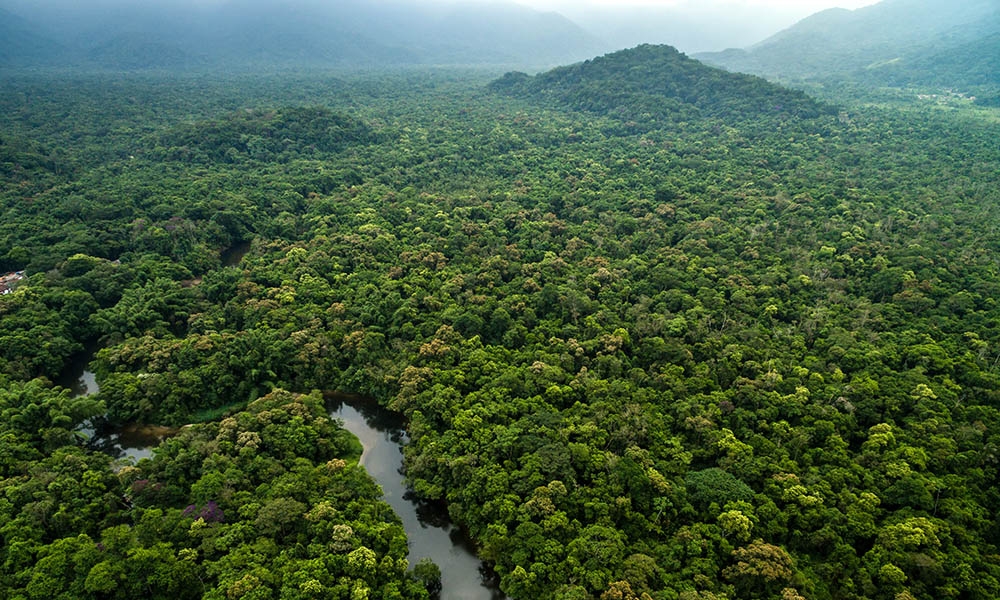Nature-based solutions essential if Brazil is to meet its 2050 net zero pledge
Associated Sprints
Recent News
- Agile at the BES Symposium
- Youth-Led Research and Policy
- Greenhouse gas uncertainties: expanding the impact of research

New research has been published this week which finds that Brazil needs to scale-up nature-based solutions, in particular by ending deforestation, to meet its net-zero target. The paper leads on from Agile Sprint research which concluded in 2022 titled: “How can Brazil reach net zero emissions?”
Brazil is home to 15-20% of the world’s biodiversity, and is therefore an essential part of the global conversation around recovering and restoring biodiversity. Lead author Dr Aline Soterroni said: ‘Deforestation control and native vegetation restoration are ready to be implemented immediately at relatively low cost when compared to engineered solutions such as BECCS. This gives Brazil a comparative advantage over other countries. It is also a triple-win situation because the careful implementation of nature-based solutions helps mitigate and adapt to climate change, curb biodiversity loss, and support the economy.’
The research was collaborative, with two authors based at Oxford University. As well as working with the Agile Initiative, Dr Aline Sotteroni and Professor Nathalie Seddon also work with Oxford Net Zero, the Nature-Based Solutions Initiative and the Leverhulme Centre for Nature Recovery.
Read more about the research on the Oxford University news site.
The study ‘Nature-based solutions are critical for putting Brazil on track towards net zero emissions by 2050’ has been published in Global Change Biology.




